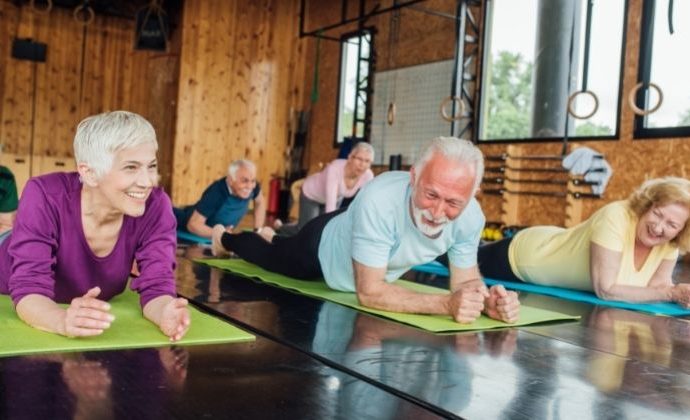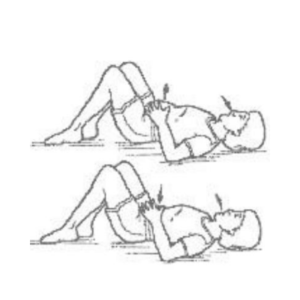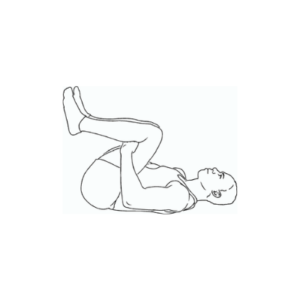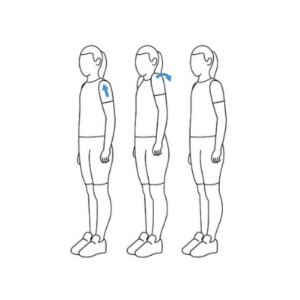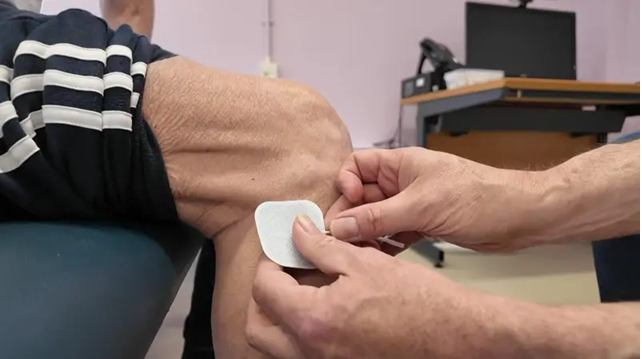Whether caring begins gradually or happens suddenly, most carers will need to develop new knowledge and skills. One of the most experienced effects of caring is stress.
Learning to manage your stress is an important and possibly new skill you will need to learn. If you don’t care for yourself, you won’t be able to care for someone else.
These five simple tips can help you manage your stress.
- Stay positive. Laughter lowers stress hormones levels, reduces inflammation in the arteries, and increases ‘good’ HDL cholesterol levels.
- Meditate. Practice focused thought and deep breathing. They have been shown to reduce heart disease risk factors such as high blood pressure. Meditation’s close relatives – yoga and mindfulness – can also relax the mind and body.
- Exercise. When we exercise our body releases endorphins. Exercising not only helps you to de-stress, it also protects against heart disease.
- Disconnect. It is difficult to de-stress when it follows you everywhere. Unplug yourself. Avoid emails and TV news. Take some quiet time for yourself each day.
- Things you enjoy. Simple things like a warm bath, listening to music, or spending time on a favourite hobby, and being creative can all help to lower the stress in your life.
Make time to exercise. Many of us find it difficult to carve out time to exercise – but 30 minutes of moderate activity daily will assist you to manage the emotional and physical challenges of being a carer.
Regular exercise improves resilience, promotes better sleep, reduces stress and depression, increases strength and flexibility, and increases your energy and alertness. It also helps maintain a healthy weight and build immunity, and protects against common health problems.



